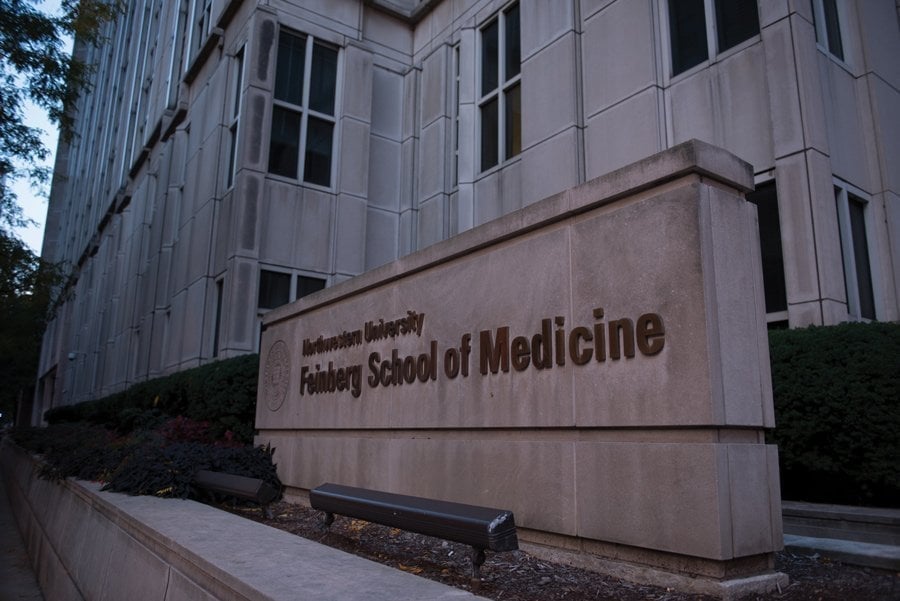Scientists at the Feinberg School of Medicine and Ann & Robert H. Lurie Children’s Hospital of Chicago were awarded a $5 million grant by the National Institute of Health to study how pregnant peoples’ environments later influence their children’s health, the University announced Wednesday.
The grant from National Institutes of Health allows the scientists to join the Environmental Influences on Child Health Outcomes program, a national consortium that researches how early factors, like the period right before birth, affect children as they grow.
Other awardees are focusing their research on asthma and cardiometabolic health in children, but Northwestern co-principal investigator Dr. Lynn Yee said NU is excited to focus on children with disabilities not typically represented in studies in the release.
“We will also be able to enroll moms and babies who might have problems detected on ultrasound, like club foot or brain abnormalities, who would not be able to participate in other studies because they’re considered ‘abnormal,’” Yee said in the release. “Historically, they’re underrepresented, and their development is important too.”
The scientists will first focus on the placenta, the organ that provides oxygen and nutrients to the baby, watching for infections and lesions to determine whether they affect the likelihood of the child to have autism or developmental delays based on environment. They will also collect samples like blood and hair to assess a person’s stress levels over the course of their pregnancy.
Along with focusing on pregnancy factors that could negatively affect a child’s health and development, scientists will also look into environmental factors that create positive health outcomes.
“We are aiming to recruit a large proportion of high-risk patients, such as people with multiples, diabetes, prior preterm birth, a prior disabled child, a disability in the pregnant person or abnormality on the ultrasound, but we also want ‘typical’ moms too, because we’re thinking of ways in which to optimize health and not just examining populations with challenges,” Yee said in the release.
Email: [email protected]
Twitter: @nicolejmarkus
Related Stories:
— SESP economist Michelle Yin receives $2.98 million grant for disability research
— Pregnant smokers reduce smoking subconsciously, according to NU study
— Northwestern Medicine finds COVID-19 may damage placentas in pregnant women






